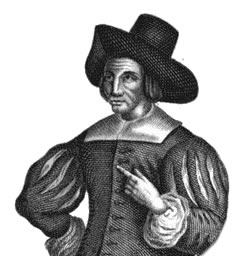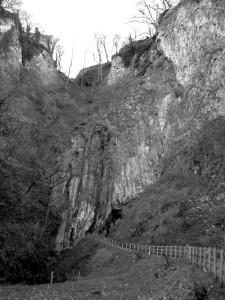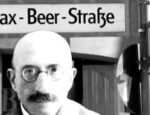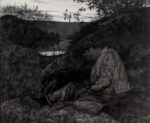Description
 Read about canting, the secret language of the English highwaymen, as described in 1610 by a writer under the pseudonym ‘Martin Mark-all, Beadle of Bridewell’. At the end of his Apologie, he explains the origins of the patois used by the criminal underclass of his day, a mixture of Latin, English and Dutch.
Read about canting, the secret language of the English highwaymen, as described in 1610 by a writer under the pseudonym ‘Martin Mark-all, Beadle of Bridewell’. At the end of his Apologie, he explains the origins of the patois used by the criminal underclass of his day, a mixture of Latin, English and Dutch.
Bridewell Prison had been established in 1553 to control London’s ‘disorderly poor.’ In a fascinating section offering a history of robber gangs of England, which is a valuable historical source on biographical data on the subject, its Beadle, or governor, describes the day when, he claims, the lingua franca of highwaymen was invented.
Tension grew between the two biggest robber gangs in the early 16th century. The dominant gang for several years was led by a tinker named Cock Lorrell, ‘the most notorious knave that ever lived’. But a new ‘regiment of thieves’ sprang up in Derbyshire, led by one Giles Hather. This 100-strong gang called themselves ‘the Egyptians’. Hather’s woman, a whore named Kit Calot, was ‘the Egyptians’ Queen.’ The Egyptians disguised themselves by donning black make-up. One of their best money-making enterprises was fraudulent fortune-telling.
 The two ‘Generals’, Lorrell and Hather, decided to cooperate rather than compete with one another. They met as if they were establishing a new republic, ‘to parle and intreat of matters that might tend to the establishing of this their new found government.’ This momentous diplomatic event took place in a famous cave in Derbyshire’s Peak District, then known as ‘The Devil’s Arse-Peak’ (prudish Victorians renamed it ‘Peak Cavern’).
The two ‘Generals’, Lorrell and Hather, decided to cooperate rather than compete with one another. They met as if they were establishing a new republic, ‘to parle and intreat of matters that might tend to the establishing of this their new found government.’ This momentous diplomatic event took place in a famous cave in Derbyshire’s Peak District, then known as ‘The Devil’s Arse-Peak’ (prudish Victorians renamed it ‘Peak Cavern’).
The most important measure was ‘to devise a certaine kinde of language, to the end their convenings, knaveries and villanies might not be so easily perceived and knone, in places where they come: and this their language they spunne out of three other tongues, viz. Latine, English, and Dutch.’
The canting tongue was secret, and its speakers, most of whom will have been illiterate, did not write it down. The Dutch element will have come from the intensive contact between the English and Dutch maritime sailors, especially those who had escaped from the ships into which they had been pressganged in the port cities of northern Europe. The priority of Latin was inevitable: it will have been the only language of which everyone in the gangs (at least, everyone who had been to church or through the courts of law) will have acquired at least a smattering. The lost Latinate language of the thieves and highwaymen of England was probably not ‘devised’ overnight in that cave in Derbyshire. But the fact that the ‘Beadle of Bridewell’ describes it in such detail suggests that he knew whereof he spoke.




